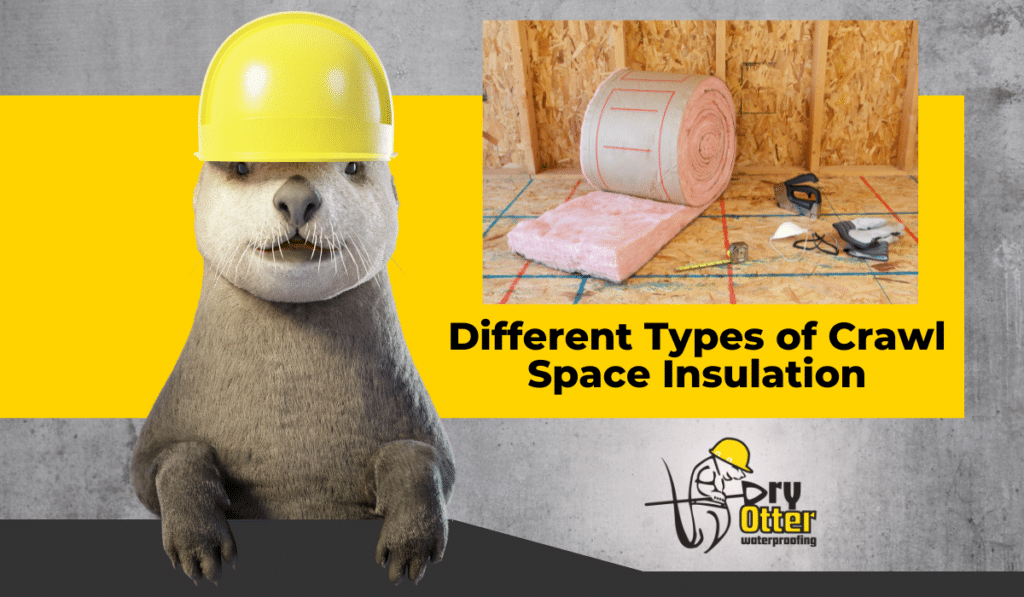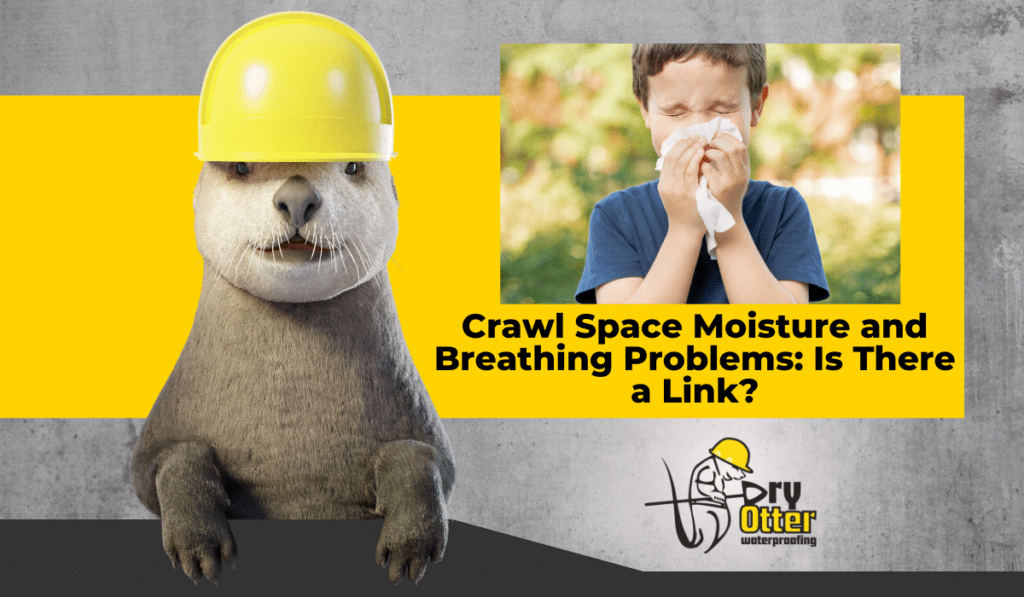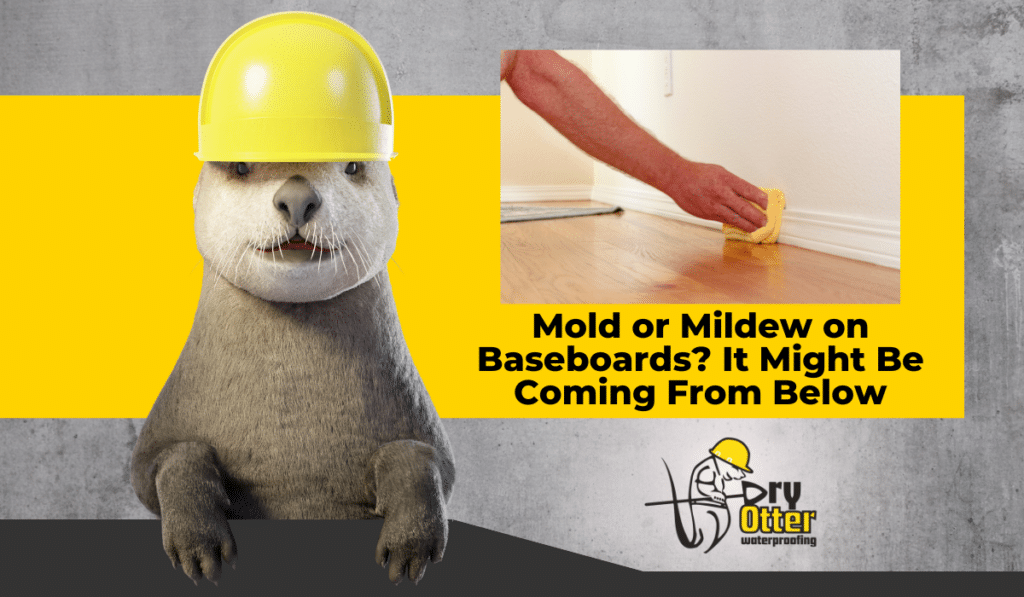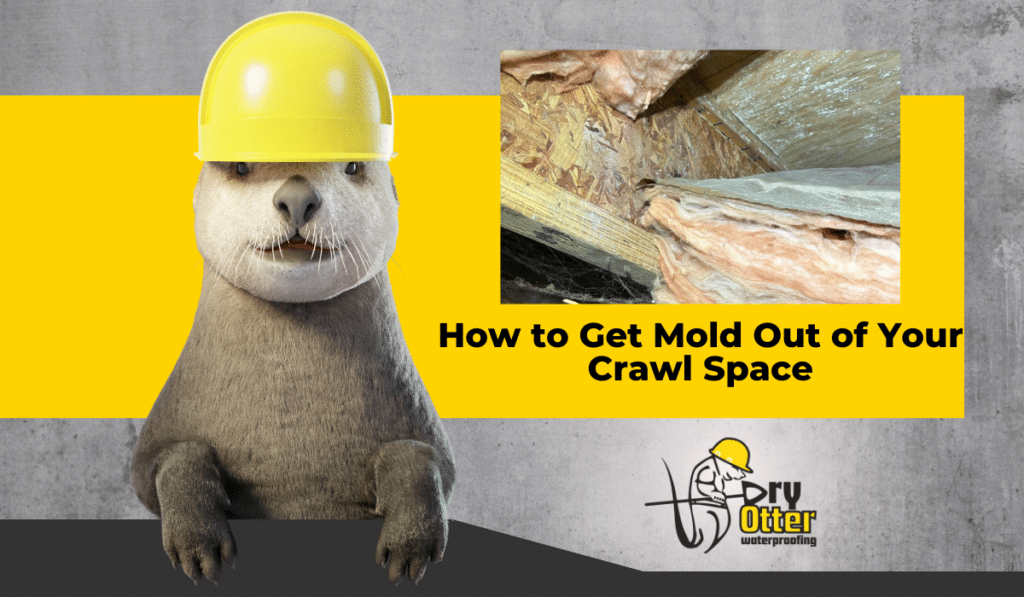Water seeping in through your basement floor after a downpour is a dreaded reality for homeowners and a common concern after heavy rain or prolonged wet conditions. Water can transform a dry space into a soggy, potentially damaging problem.
Water seeping through the floor in a basement has a variety of causes, usually related to poor drainage, hydrostatic pressure, and foundation cracks.
If left untreated, the result can be harmful mold growth, structural damage, and basement flooding.
Why is Water Seeping Through My Basement Floor?
One of the main reasons is hydrostatic pressure. This is the force exerted by fluid against a surface.
Water seeping through a basement floor is caused when pressure builds as groundwater accumulates around the foundation.
The pressure pushes inward and forces water through the path of least resistance, such as cracks in the foundation, joints between the floor and walls, and porous concrete itself.
How conditions increase water seeping into a basement after heavy rain
Heavy rainfall: Significant rainfall intensifies the pressure by saturating the soil surrounding your foundation.
Poor soil drainage: Clay-heavy soil like the soil in Charlotte or improper grading prevents rainwater from moving away from your foundation, further increasing this pressure.
High water table: This is where the groundwater level is naturally close to the surface. A high water table increases the problem by constantly placing the foundation within a high hydrostatic pressure zone.
These factors combined create a perfect storm where excess water and limited drainage lead to increased pressure, forcing water into the dry space of your basement.
Living in Charlotte, NC, and the surrounding areas that receive heavy seasonal rainfalls means that, as a homeowner, you should prioritize basement waterproofing to keep your space safe and dry.
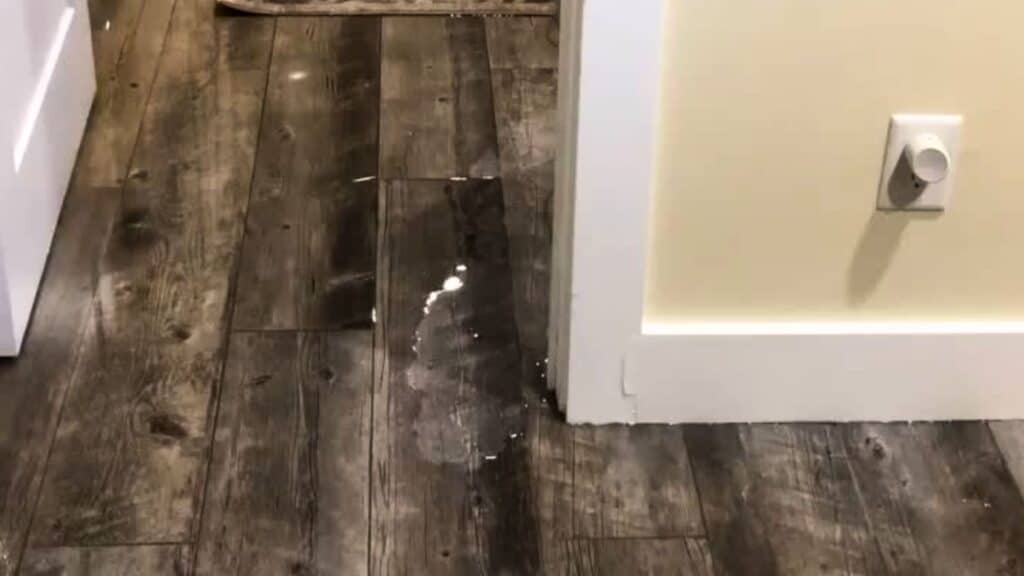
Common Signs of Basement Water Seepage
Key signs that your basement has a water seepage issue are:
-
- Damp or wet spots on the floor.
-
- Efflorescence: a white chalky residue from water minerals.
-
- Musty smells and visible mold growth.
-
- Pooling water after a heavy rain.
How to Fix Water Seepage in a Basement Floor
There are several options to stop water seepage, such as:
Improve drainage around your home:
-
- Ensure gutters and downspouts direct water away from the foundation.
-
- Regrade your yard if water is pooling near your home’s perimeter.
Install interior waterproofing solutions:
-
- Consider an interior drainage system to collect and redirect water.
-
- Install a sump pump to remove excess water.
Consider professional waterproofing solutions from Dry Otter Waterproofing:
-
- Basement waterproofing is one of the most effective methods to safeguard your basement against harmful water intrusion.
-
- Waterproofing offers long-term protection, allowing you to relax knowing your basement is safe from damage.
-
- Dry Otter Waterproofing provides solutions such as:
1. French drains: A French drain is a trench filled with gravel or rock that contains a perforated pipe. The purpose is to redirect groundwater away from your foundation.
2. Sump pumps: A sump pump is an electrical pump designed to remove water from a sump pit, typically located in the lowest part of your basement or crawl space. When the water level rises, a float switch activates the pump, forcing water through a discharge pipe and away from your foundation.
3. Moisture barriers: A vapor barrier, made of heavy-duty polyethylene plastic, is installed on the walls and floor of your basement or crawl space. This barrier prevents moisture from seeping through the foundation walls or rising from the ground, protecting your space.
A leaking basement results from hydrostatic pressure after heavy rainfall, poor drainage, and a high water table. This intrusion can cause structural damage, mold growth, and compromised air quality, leading to expensive repairs.
Solutions like French drains, sump pumps, and basement encapsulation offer effective solutions to keep your basement or crawl space safe and dry.
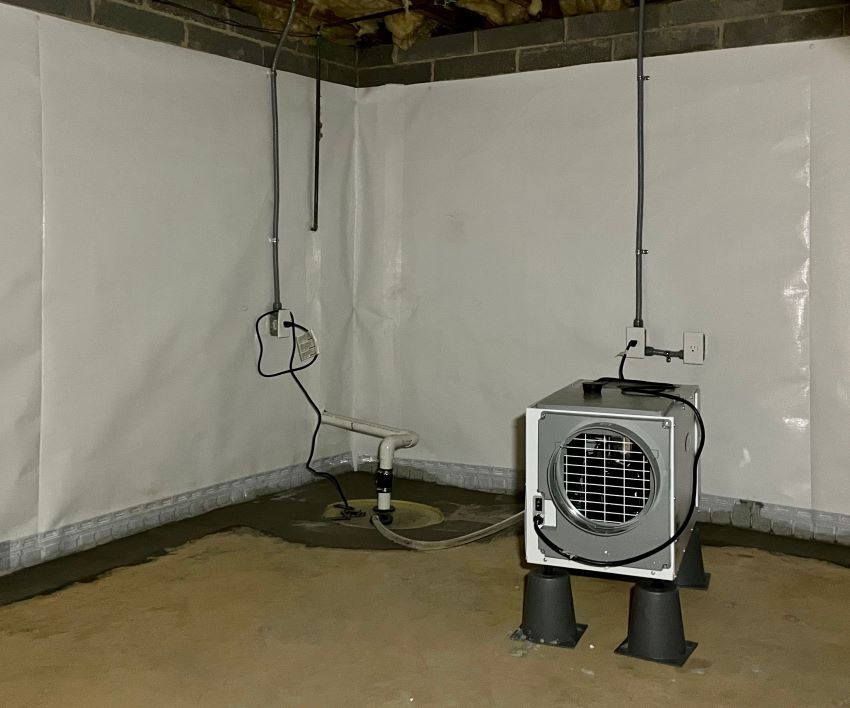
Sealing foundation cracks, ensuring proper grading, and installing exterior drainage systems are all necessary preventative measures to ensure a dry basement. Investing in these crucial steps will protect your home from the damaging effects of water intrusion.
For a safe, dry basement, contact the experts at Dry Otter Waterproofing—Charlotte’s top waterproofing, mold remediation, and foundation repair company to protect your most important investment.
Our basement solutions come with a lifetime warranty, so you can relax, knowing your basement is covered for years to come. We understand Charlotte’s unique climate and soil conditions to provide solutions that work.
Contact Dry Otter Waterproofing today for a professional basement assessment and customized waterproofing solutions!

Kevin Sanders
Kevin Sanders, founder of Dry Otter Waterproofing, brings over 30 years of expertise in crawl space and basement waterproofing. He’s worked in every facet of the industry—from production and sales to call center operations—giving him a deep, hands-on understanding of what homeowners need. Under his leadership, Dry Otter has become a trusted name in protecting homes from moisture and structural issues.

